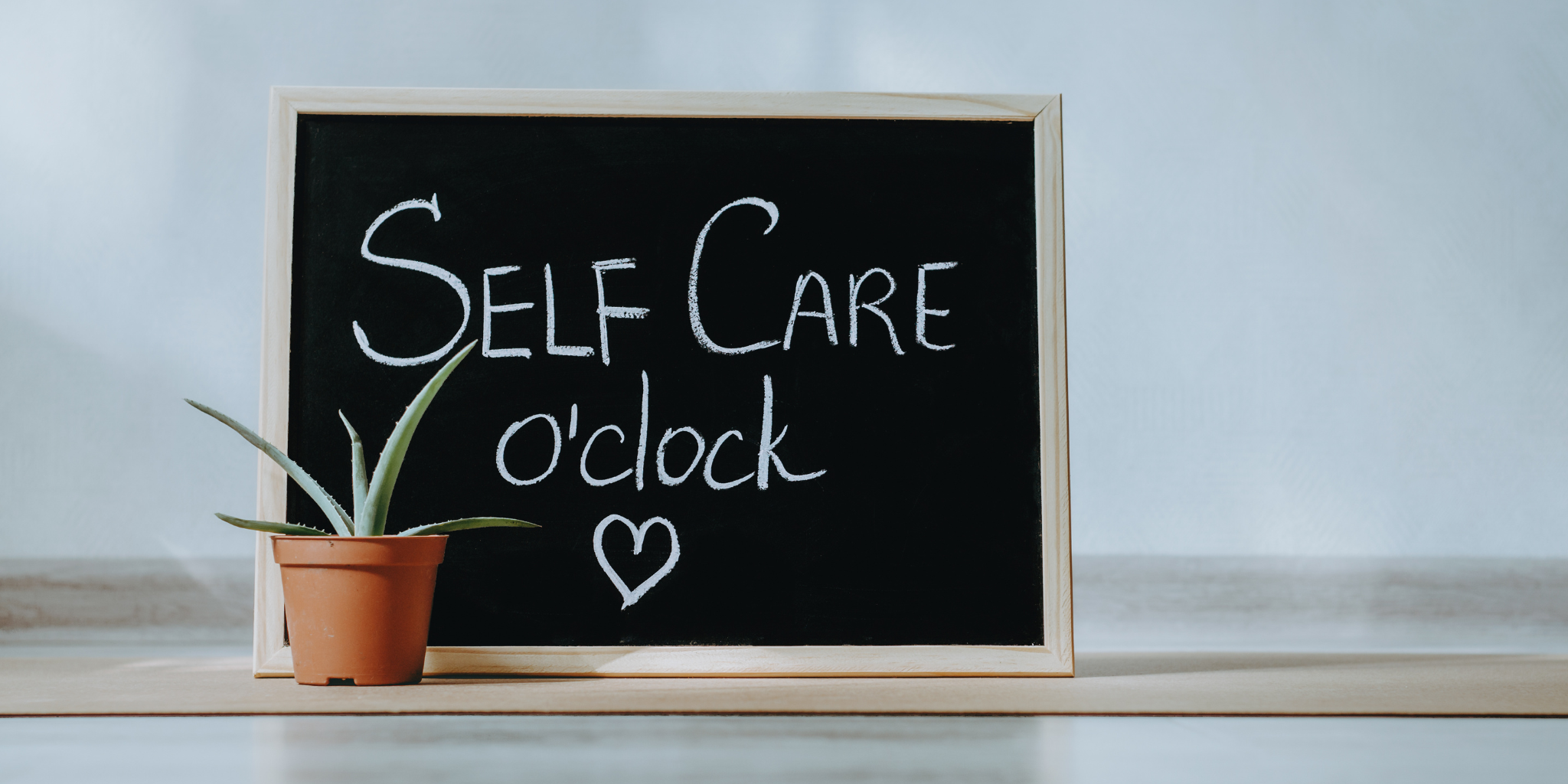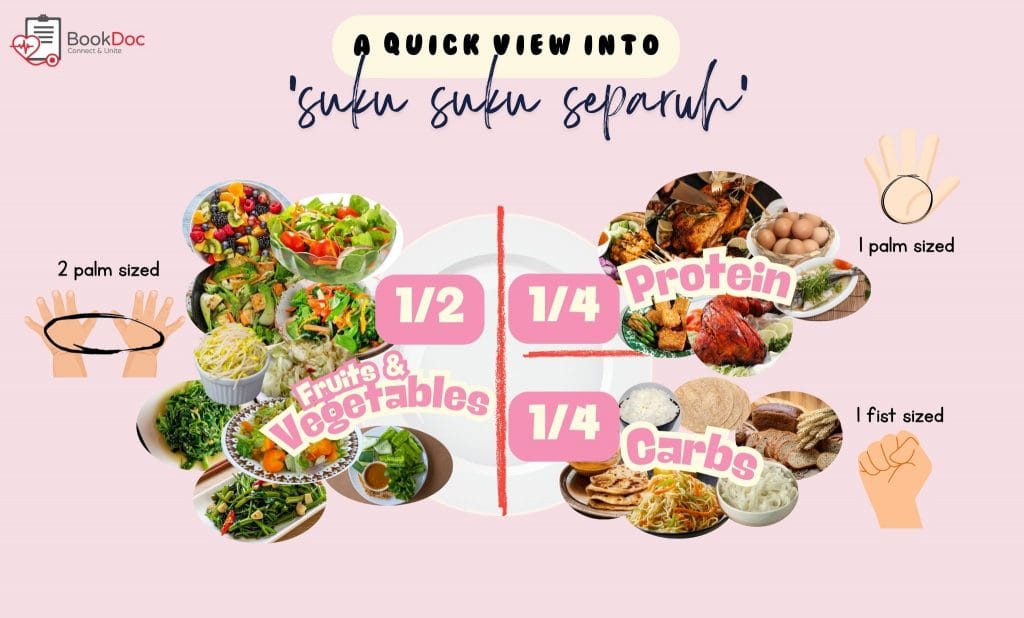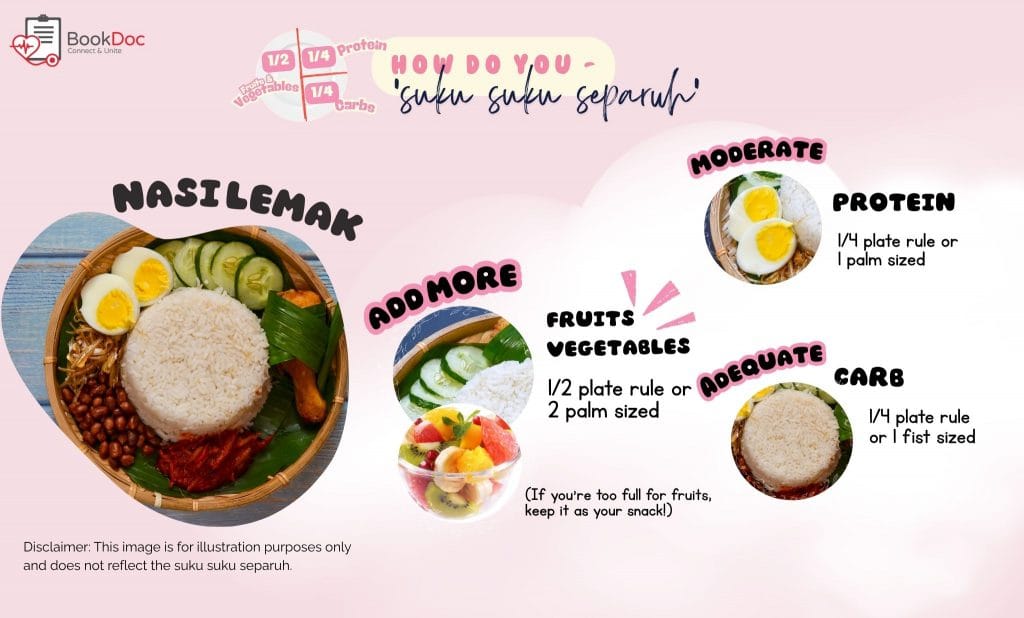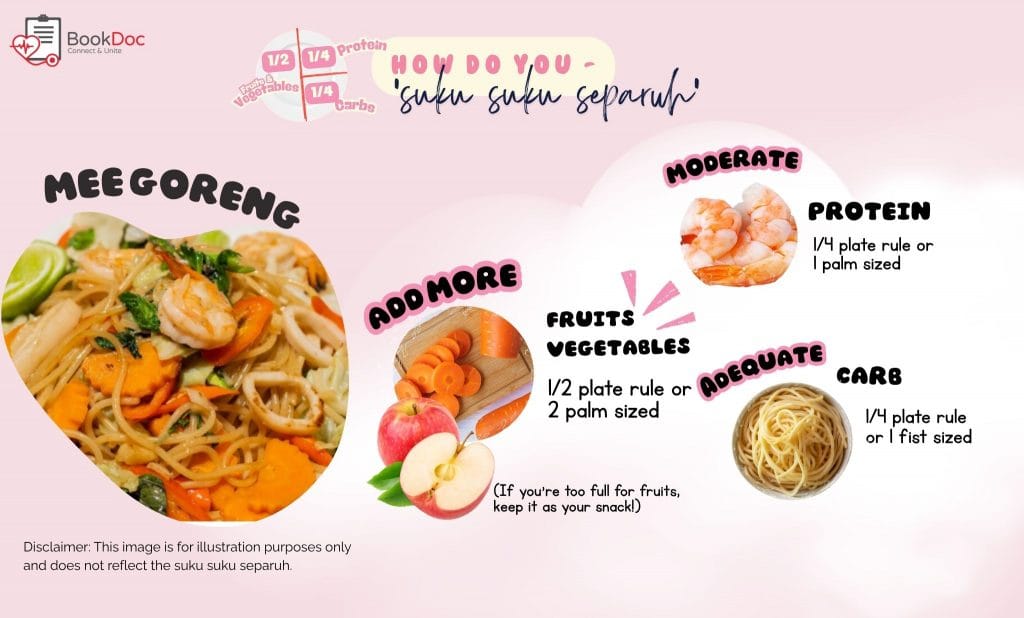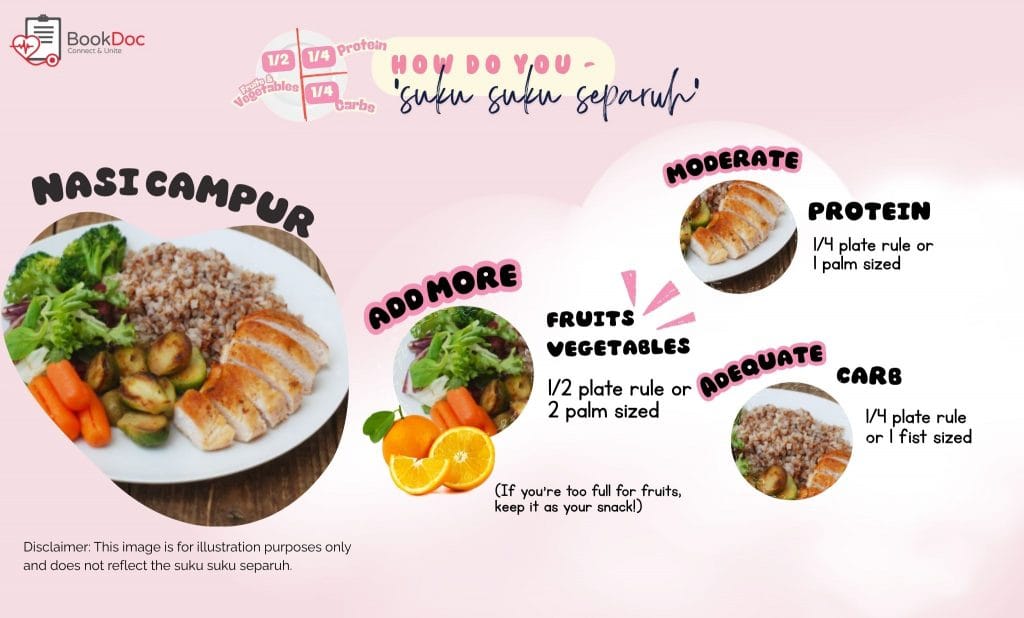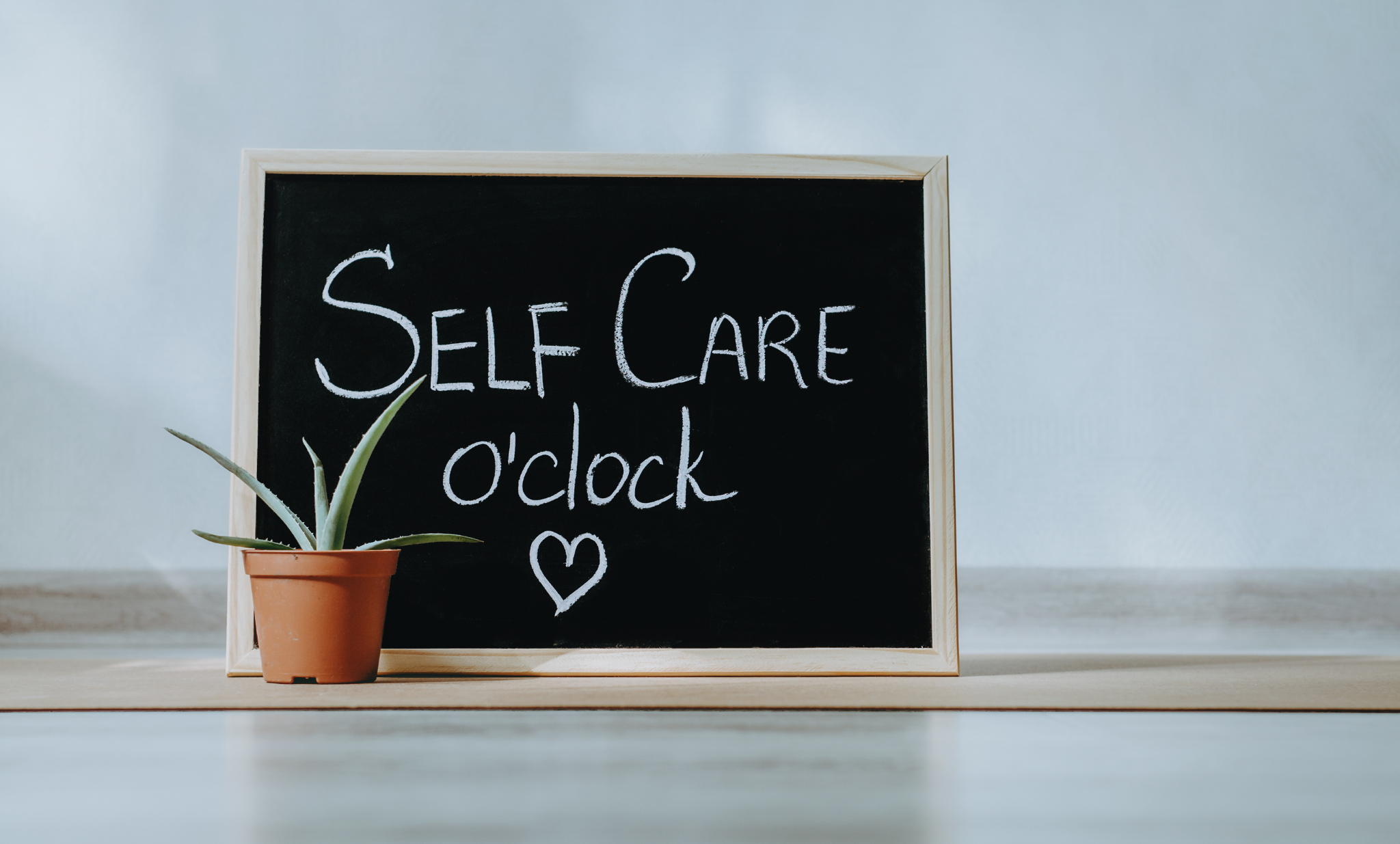
In the hustle of daily routines, it’s easy to forget someone truly important — you. Between alarms, endless to-do lists, meetings, and back-to-back schedules, we often put ourselves last. One of the first things we tend to neglect? Our food choices.
International Self-Care Day, which is celebrated on the 24th of July, arrives just in time to remind us that proper nourishment is self-love too. It’s a powerful nudge to care for ourselves not just once a year, but 24/7, especially when eating is a big part of our lives.
Let’s start self-care now by choosing the right nutrients for our body!
You Are What You Eat — Literally!
There’s a powerful truth in the saying: You are what you eat. The nutrients we consume are the building blocks of our body — they shape everything from our skin and muscles to our bones, brain, and immune system. Behind the scenes, your body is constantly working to heal, repair, and rebuild itself.
Quick reality check:
- 🩺 Stomach lining cells live about 2 days (Arike et al., 2020)
- 🧖 Skin cells last about 40 days (Koster, 2009)
- ❤️ Red blood cells live up to 4 months (Lew & Tiffert, 2017)
So every day, your body is replacing old cells with new ones, and the quality of those cells depends entirely on what you’ve been feeding it.
A diet full of ultra-processed, nutrient-poor foods such as fast food does not provide many nutrients to your body, leading to sluggish cells, lower energy, and a greater risk of developing certain diseases. However, a diet rich in whole, clean, nutrient-dense foods gives your body the tools it needs to build stronger, healthier cells that support energy, immunity, mental clarity, and even slow ageing.
First Act of Self-Care – Nourishment
Here’s your quick self-care nourishment checklist:
1. 🍽️ Follow the “Suku-Suku Separuh” Method
A simple and practical way to eat better is by practising the “Suku-Suku Separuh” method – dividing your plate into a quarter carbs, a quarter protein, and half vegetables. It ensures balanced nutrition while avoiding overeating. By following it regularly, you’ll become more aware of your hunger and fullness signals, promote healthy digestion, and reduce your risk of chronic diseases like obesity, diabetes, and high blood pressure.
“Suku-Suku Separuh” is one of the more sustainable forms of healthy eating, and by practising this is a fresh start for self-care.
2. 🍟 Minimise Ultra-Processed Foods
Ultra-processed foods are products that have been heavily altered from their original form through industrial processing. They’re usually packaged, ready-to-eat or ready-to-heat, and often contain additives such as preservatives, artificial colours, sweeteners, and flavour enhancers.They’re often high in sugar, salt, and unhealthy fats, increasing the risk of obesity, heart disease, and certain cancers. You can spot them by long ingredient lists with unfamiliar names like hydrogenated oils and sodium benzoate.
However, we do not need to completely eliminate ultra-processed foods from our lives; just need to limit the portion & frequency of their intake whenever possible.
👉 Try these food swap ideas instead to support better health and reduce your intake of ultra-processed foods.
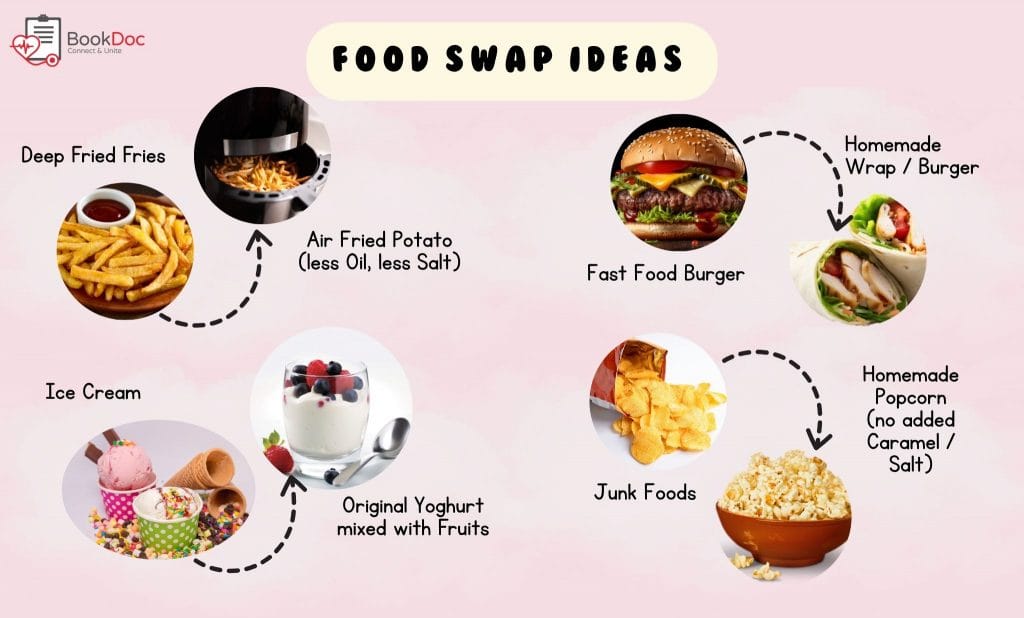
3. 💧 Stay Hydrated – 6 to 8 cups of water per day
About 60% of your body is made of water. Every part of you—your brain, heart, muscles, and even your skin—needs water to work properly. It helps keep your body cool, your cells working, and flushes out waste so you feel your best. So don’t forget to drink up!
👉 Choose plain water over sweetened drinks.
👉 Bring a water bottle with you wherever you go — it acts as a visual reminder to drink more.
👉 If you are not a fan of plain water, you may add refreshing touches to it such as fruits, vegetables and herbs like Fresh Mint leaves, Basil and Ginger.
👉 Here are some recipes to try!
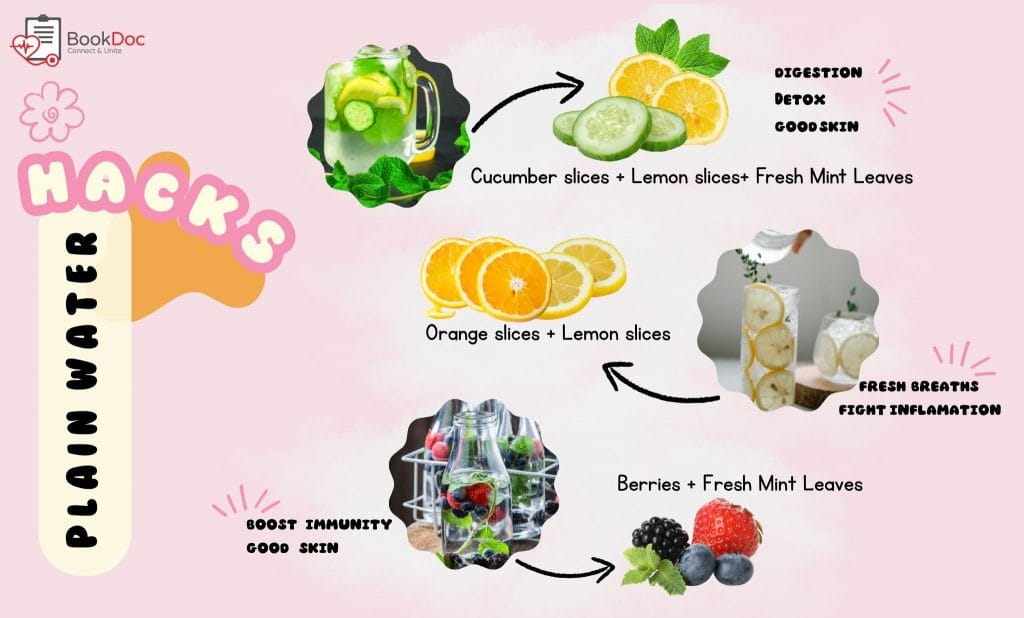
> Pineapple + Kiwi + Lime
> Pineapple + Lemon + Fresh Mint Leaves
> Orange + Berries + Ginger
4. 📓 Track Your Habits
👉 Make it a habit to record everything you eat to be mindful of your eating habits. You can achieve this by keeping a food diary or using a food tracking method.
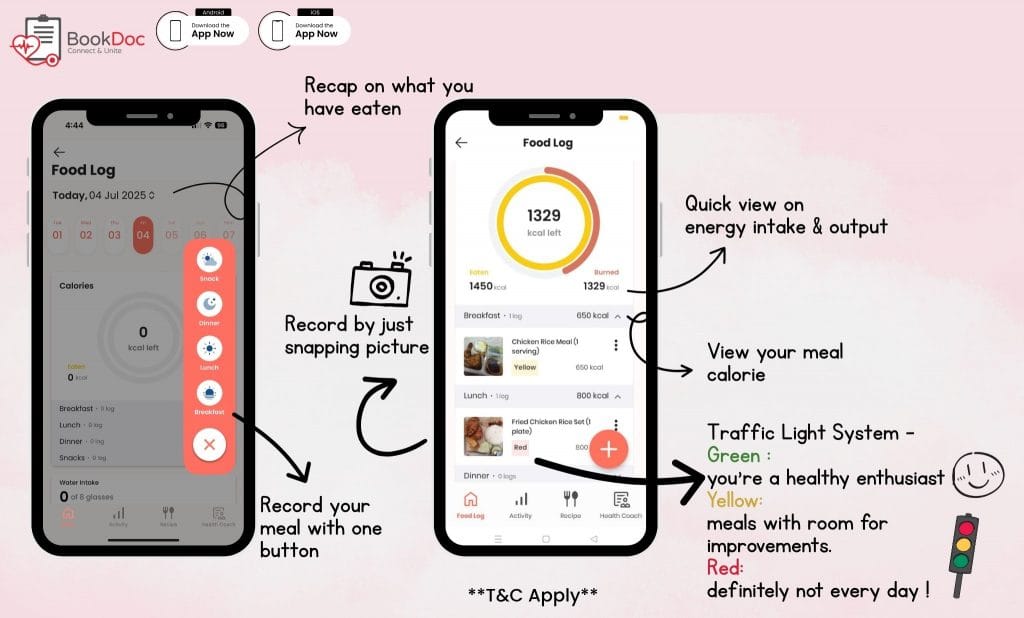 The Food Log feature in the BookDoc App helps you keep track of what you eat, and gives you insight into how you’ve been fuelling your body.Effortless meal logging with a single tap—just snap a photo, and the built-in AI instantly analyses your food. Even better, your meal is categorised using a traffic light system, which makes it easy to assess the nutritional value of your meals at a glance.
The Food Log feature in the BookDoc App helps you keep track of what you eat, and gives you insight into how you’ve been fuelling your body.Effortless meal logging with a single tap—just snap a photo, and the built-in AI instantly analyses your food. Even better, your meal is categorised using a traffic light system, which makes it easy to assess the nutritional value of your meals at a glance.
Another exciting feature is that when the app syncs with your device, it tracks your daily activity and energy expenditure, giving you a clear overview of how you’re burning the calories from food, and you’ll know if you’re eating too little or too much.
Take This Day to Refocus on You
Self-care doesn’t have to be a luxury. It’s the small, mindful habits — practised daily — that make the biggest impact. So today, pause for a moment. Reflect on how you’re fuelling your body. And make one positive change — even a small one.
Because you deserve it.
Because your health matters.
Because it’s about you.
Happy International Self-Care Day! ❤️
Joyce Wong, Dietetics Intern







